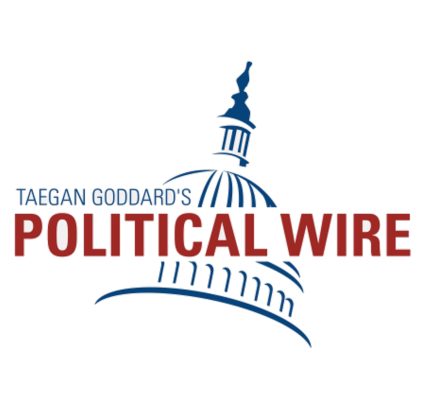This week, Congress moved nearer to passing 4 separate payments with $95 billion in funding for Ukraine, Israel, Indo-Pacific allies, and the home submarine industrial base. This funding has been debated for months, with a lot of it meant for wars which were occurring—and sure will proceed—for some time. In different phrases, it is not new or shocking. But as soon as once more, will probably be labeled “emergency spending,” a software permitting legislators to double down on their fiscal irresponsibility.
Earlier than I clarify my objection to their conduct, I wish to make two factors. The primary one is perhaps a very powerful: I do not need you readers to get the impression that Congress is barely irresponsible when utilizing the emergency label to spend cash. Congress is irresponsible on a regular basis. Legislators have accrued $34 trillion in debt with none actual collective fascinated about tips on how to pay for it. The deficit is at 5.6 p.c in a time when America is at peace and the economic system is rising. They’ve achieved a lot of this deficit spending exterior of the emergency course of.
Second, there’s nothing flawed with utilizing the emergency label to pay for actually sudden spending. When an sudden disaster hits, legislators ought to have a strategy to acceptable cash rapidly with out having to attend for the subsequent finances to be handed. That is what, in idea, supplemental payments are for. The emergency label gives Congress with some legroom. Legislators shouldn’t need to assume by way of the place each greenback will come from whereas a short-term disaster is underway.
The issue comes when Congress—to avoid regular budgetary self-discipline—abuses the supplemental budgeting course of to spend giant quantities of cash, each non-temporarily and for functions which are predictable, after which labels this spending “emergency.”
This abuse happens frequently. As a result of these payments are sometimes handed rapidly and underneath the pretense of urgent wants, there may be much less scrutiny of the spending in comparison with what happens in the course of the common finances course of. It is a possibility for wasteful spending and the allocation of funds to initiatives that aren’t so pressing. As well as, the common use of supplementals offers an incentive to businesses and Congress to inflate their annual finances requests and shirk planning for the sudden, which is counterproductive to say the least.
With dietary supplements anticipated annually, they do not signify the unexpected anymore. Let’s simply name them what they’re: one other gimmick for Congress to flee its personal finances limits.
That is precisely what’s taking place now. We are able to debate whether or not the U.S. ought to direct funds to Ukraine or Israel, however one factor is certain: Any such funding needs to be allotted by way of the common finances course of so it may be subjected to the common finances self-discipline. That might require Congress to have a dialog about tradeoffs and offsets.
Over on the Financial Coverage Innovation Heart, Paul Winfree and Brittany Madni clarify that Congress and the president ought to have used the common finances course of to deal with a number of of the continuing crises over the previous months. As a substitute, Congress deliberately handed a $1.684 trillion appropriations invoice and left the $95 billion to be funded as an “emergency” supplemental exterior of the common course of and above and past the caps. Members of Congress now routinely refuse to topic themselves to finances caps that may require offsets of extra spending with actual spending cuts and rescissions.
It isn’t as if there aren’t some ways to offset this spending. Winfree has proven that as of final yr, $120 billion was unobligated within the COVID-19 State and Native Fiscal Restoration Fund. The pandemic is over; that cash needs to be rescinded. In the meantime, the Cato Institute’s Adam Michel has argued that the worker retention tax credit score needs to be terminated or reformed. This might generate no less than some $180 billion. Ending farm subsidies, which principally profit wealthy farmers on the expense of smaller and youthful farms—and all customers—would get monetary savings, too. In fact, all crony initiatives benefiting giant and rich firms needs to be on the chopping block. It will be simple to search out no less than $150 billion yearly on this class.
Whereas supplemental appropriations are essential for addressing unexpected occasions, Congress now always and unnecessarily abuses the method. The spending payments being pushed by way of at this time are not any completely different. We deserve a extra sincere and thorough debate.
COPYRIGHT 2024 CREATORS.COM







